New president eyes challenges ahead
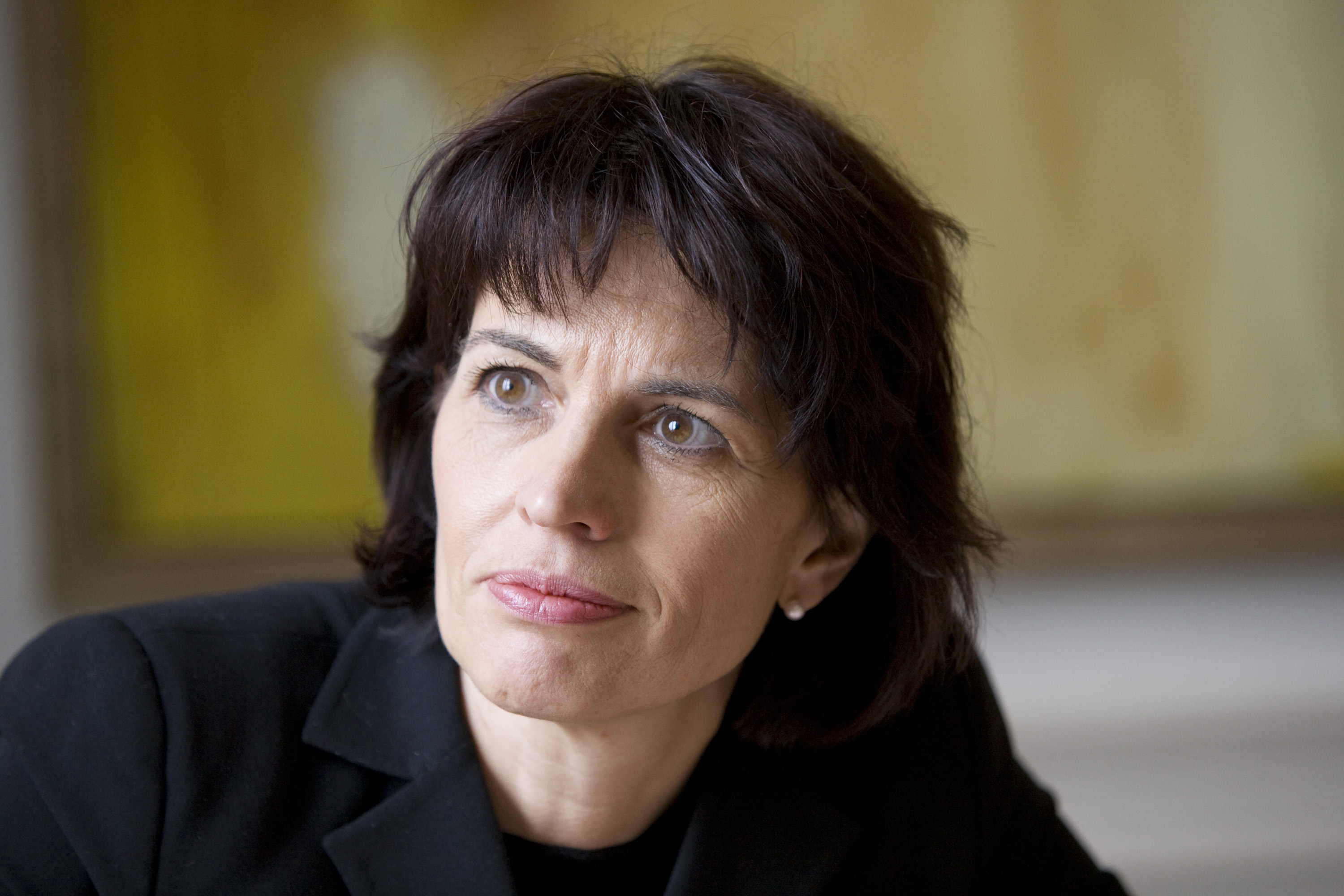
Economics Minister Doris Leuthard is embarking on her year as Swiss president at a time of economic crisis, with plenty of outstanding issues to tackle.
As she tells swissinfo.ch, good relations with foreign countries are essential if Switzerland is to solve its economic problems.
swissinfo.ch: There is a lot of unfinished business and unresolved problems left behind from 2009. Are you looking forward to your presidential year or are you embarking on it with a certain amount of trepidation?
Doris Leuthard: First and foremost I feel a sense of responsibility. A presidential year certainly includes a number of pleasant experiences and interesting meetings.
But of course above all it is my responsibility to resolve open questions, and, in conjunction with the government as a whole, to overcome the challenges facing our country. So that means that what I feel is responsibility – and respect.
swissinfo.ch: Which challenges are more important for you: those abroad or those at home?
D.L.: You can’t separate the two. After all, every second franc that Switzerland earns comes from abroad: it is essential for us to have good relations, for our firms to get good market access, and to maintain our reputation.
Otherwise it’s impossible to overcome domestic problems – which will certainly reach a further high point with unemployment this year. The outlook for new jobs, and prospects for the recovery of the labour market are all closely related to each other.
swissinfo.ch: You have said that one of your priorities will be maintaining good relations with neighbouring countries. What does that mean in concrete terms?
D.L.: It is easy to forget that our closest relations are still with our neighbours – culturally, economically, in transport and in education. We are closely linked to them.
That means that we have to be constantly in discussion not only with the European Union in Brussels, but also with our neighbours in order to solve cross-border problems.
swissinfo.ch: At the moment there are such problems – for example, bank secrecy – with Germany, Italy and also France…
D.L.: In times of economic crisis it is naturally always the case that interests diverge. Finance ministers have to fill their coffers, and that’s why they are looking at Switzerland. For the federal government that means that we want to settle the double taxation agreement with Germany and also the unresolved air transport issue [concerning the flight path of planes landing at Zurich airport].
It is the same with Italy and France – there, too, there are open questions about taxes. That is why I want to keep a close track of these three countries and to support our relations with them.
swissinfo.ch: Some critics are warning that Switzerland is isolated, and hardly has any allies left. What do you intend to do about that?
D.L.: We are not isolated, even if this impression can arise at a time of crisis. We have a good network of relationships. But that is something you have to foster, especially when you are not a member of a group like the European Union, Nato or the G-20.
swissinfo.ch: One of the things on your list for this year is stepping up economic ties with China.
D.L.: China is a priority country for the government. In view of the free trade agreement which we are seeking, China will be at the focus of at least one visit for me, and we shall probably also receive a high-ranking Chinese visit in Switzerland.
swissinfo.ch: But if Switzerland were to accept two Uighur prisoners from Guantanamo – which is still a possibility – this would cast a shadow over relations with China.
D.L.: The government decided for humanitarian reasons to help the USA to solve the problem of Guantanamo. We – or more specifically, canton Geneva – have decided to take in one person, an Uzbek.
For the moment no other decision has been taken. So the question is irrelevant.
swissinfo.ch: Back to Switzerland. The unemployment figures are going to rise and at the same time you want to reform unemployment insurance. Critics say this is a contradiction.
D.L.: The structural deficit in the insurance must be tackled. It arose because even in the good times there were shortfalls. The debt is growing. We can’t wait until the boom times return before dealing with it.
But the law which is now being amended won’t take anything away from people who are currently unemployed. It is only later, when the crisis is over, that the entry threshold will be raised and a longer contribution period required.
The reduction in benefits is not unreasonable, since the level and duration of daily allowances will be kept as they are. So the amendment will not affect the core of the unemployment insurance system.
However, young people will be expected to be more flexible in future when looking for work, that is true. But you can always stoke people’s fears. I regard the changes as acceptable. Young people are indeed more flexible. Most of them don’t yet have any family obligations and are less tied to a particular place. So it is justifiable to have stricter criteria about what is reasonable for them than, for example, for a 55-year old single mother who has lost her job.
swissinfo.ch: People see a need for reform in the seven-person cabinet, both in the way it works and the way it is structured. What would this look like?
D.L.: It is my aim not just to discuss such a reform yet again, but to adopt it. Working with parliament and with foreign countries takes up more and more time. I believe the political will to improve it does exist.
Andreas Keiser and Eva Herrmann, swissinfo.ch (Translated from German by Julia Slater)
Leuthard, born in 1963, is a lawyer by training.
She joined the cabinet in 2006, where she is the sole representative of the Christian Democrats.
She holds the economics portfolio.
The Swiss presidency rotates annually between the seven members of the government.
The president is elected each year by the two houses of parliament sitting in joint session.
The post is normally passed on in order of seniority.
In the year before becoming president, the minister usually holds the position of vice-presidents.
The presidency confers no special powers; the minister continues to run his or her normal department.
The president chairs cabinet meetings, and is regarded as “first among equals”.
Leuthard welcomes the participation of Swiss living abroad in the political life of the country.
However, she will not put any particular focus on the Swiss abroad during her presidential year.
“All Swiss people are equally important to me. I care about the country and everything connected to it. In this sense, the Swiss abroad are also integrated here.”

In compliance with the JTI standards
More: SWI swissinfo.ch certified by the Journalism Trust Initiative
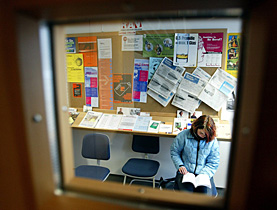
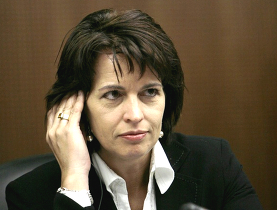
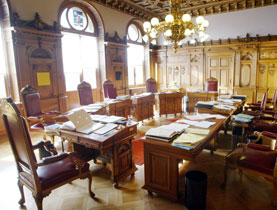
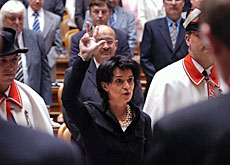
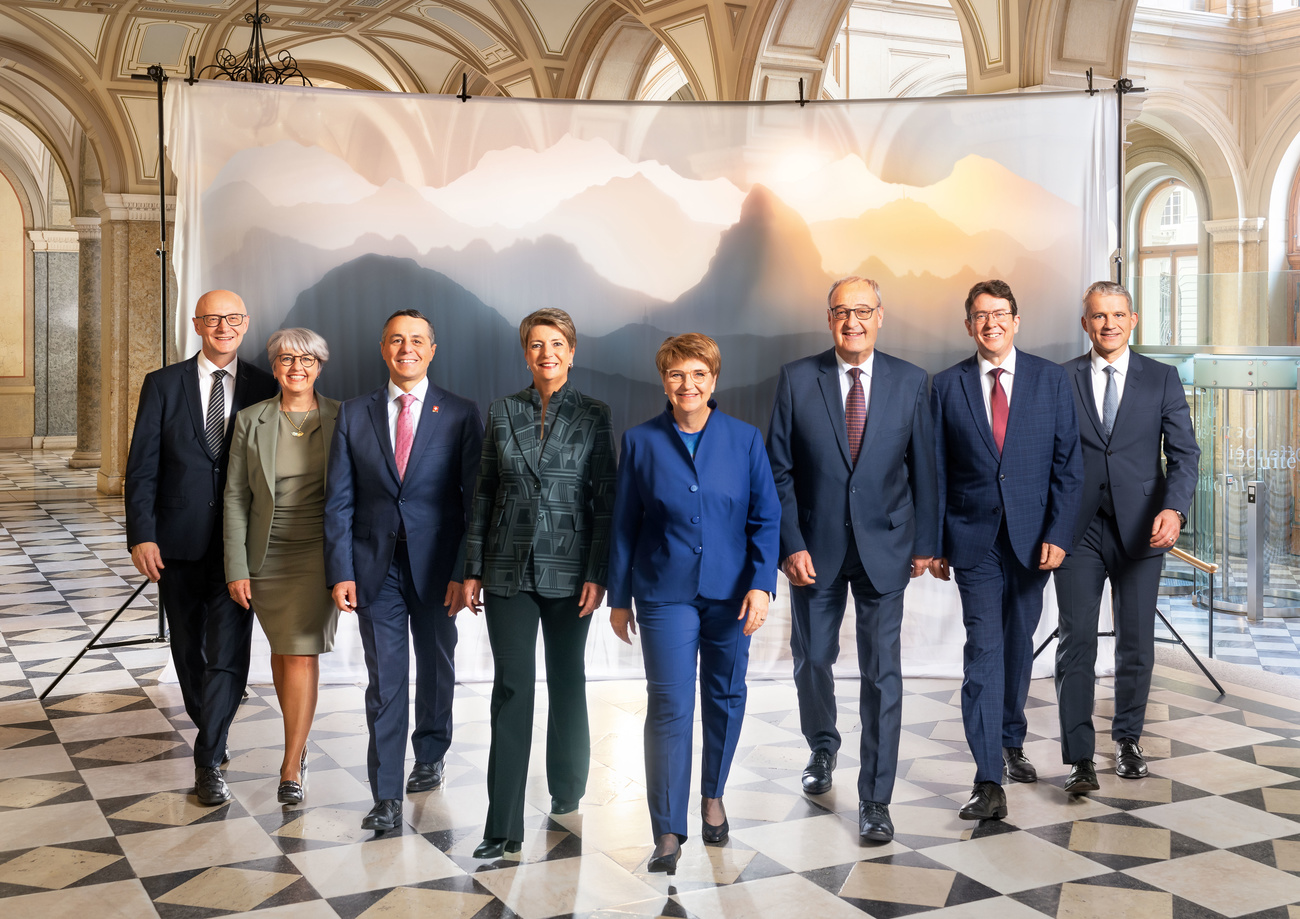
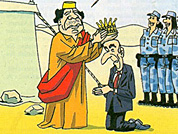
You can find an overview of ongoing debates with our journalists here. Please join us!
If you want to start a conversation about a topic raised in this article or want to report factual errors, email us at english@swissinfo.ch.